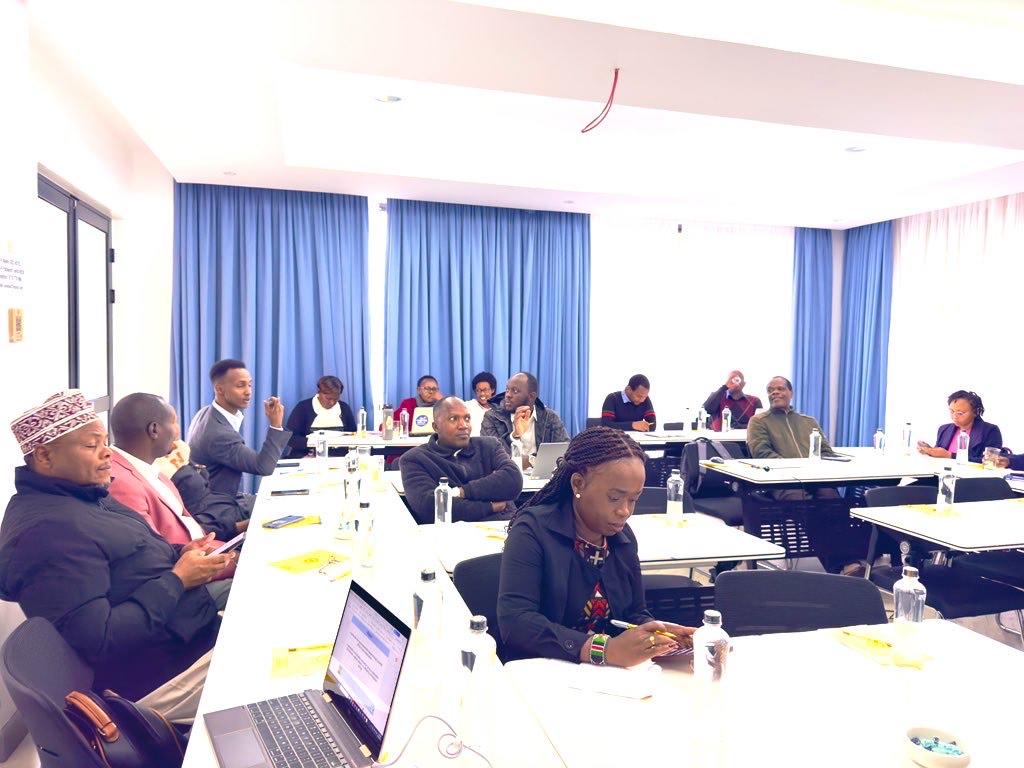Routine immunisation remains one of the most effective ways of safeguarding children from life-threatening but preventable diseases. In line with this, the Ministry of Health, through the National Vaccines and Immunisation Program (NVIP) with support from health partners, has initiated a series of county and sub-county stakeholder engagements aimed at enhancing vaccination uptake and strengthening the delivery of routine immunisation services across the country.
One such engagement was recently held in Machakos County, bringing together a wide array of partners and stakeholders. Participants included representatives from government ministries, county officials, civil society, faith-based organizations, development partners, and grassroots community groups. The meeting provided a platform for open dialogue, collaboration, and the sharing of experiences on how best to address existing challenges and expand access to life-saving vaccines.
In her keynote remarks, the Director of Public Health underscored the importance of immunisation in protecting children’s health and urged stakeholders to actively champion vaccination efforts within their respective communities. She reiterated that vaccines remain a proven, safe, and cost-effective intervention in reducing child morbidity and mortality rates.
These forums form part of NVIP’s broader social advocacy and community engagement strategy. By fostering open discussion and collaboration, the program seeks to counter misinformation, build public trust in vaccines, and encourage parents and caregivers to ensure their children complete the full vaccination schedule. Stakeholders emphasized that combating vaccine hesitancy requires joint action, with religious leaders, community health volunteers, and local administrators playing a vital role in influencing perceptions and encouraging uptake.
The meetings also highlighted the importance of strengthening cold-chain infrastructure, improving supply chain efficiency, and ensuring that frontline health workers are adequately trained and supported. Counties were encouraged to invest more in routine immunisation programs to reduce dependency on external resources and to secure sustainable, long-term health benefits for their populations.
As Kenya continues to battle both emerging and re-emerging health threats, routine immunisation stands out as a cornerstone of preventive health. By bringing stakeholders together at the local level, NVIP is not only reinforcing the delivery of essential health services but also empowering communities to take ownership of their health outcomes. With sustained collaboration, routine immunisation coverage can be expanded, ultimately protecting millions of children and securing healthier futures for generations to come.

